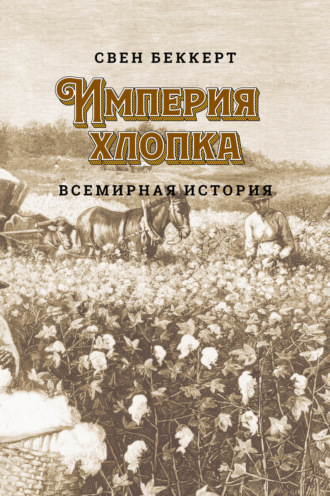
Полная версия
Империя хлопка. Всемирная история
123
См.: важную работу Wennerlind, Casualties of Credit, esp. 223–25; Inikori, Africans and the Industrial Revolution in England, 478–79; P. K. O’Brien and S. L. Engerman, “Exports and the Growth of the British Economy from the Glorious Revolution to the Peace of Amiens,” in Barbara Solow, ed., Slavery and the Rise of the Atlantic System (New York: Cambridge University Press, 1991), 191.
124
Цит. по: Peter Spencer, Samuel Greg, 1758–1834 (Styal, Cheshire, UK: Quarry Bank Mill, 1989).
125
См., например: Kevin H. O’Rourke and Jeffrey G. Williamson, “After Columbus: Explaining Europe’s Overseas Trade Boom, 1500–1800,” Journal of Economic History 62 (2002): 417–56; Dennis O. Flynn and Arturo Giraldez, “Path Dependence, Time Lags and the Birth of Globalization: A Critique of O’Rourke and Williamson,” European Review of Economic History 8 (2004): 81–108; Janet Abu-Lughod, The World System in the Thirteenth Century: Dead-End or Precursor? (Washington, DC: American Historical Association, 1993); Andre Gunder Frank, ReOrient: Global Economy in the Asian Age (Berkeley: University of California Press, 1988). Я согласен с Joseph E. Inikori, который рассуждает о важности «интегрированного производства товаров по всему земному шару» для истории глобализации. См.: Joseph E. Inikori, “Africa and the Globalization Process: Western Africa, 1450–1850,” Journal of Global History (2007): 63–86.
126
Mann, The Cotton Trade of Great Britain, 20.

